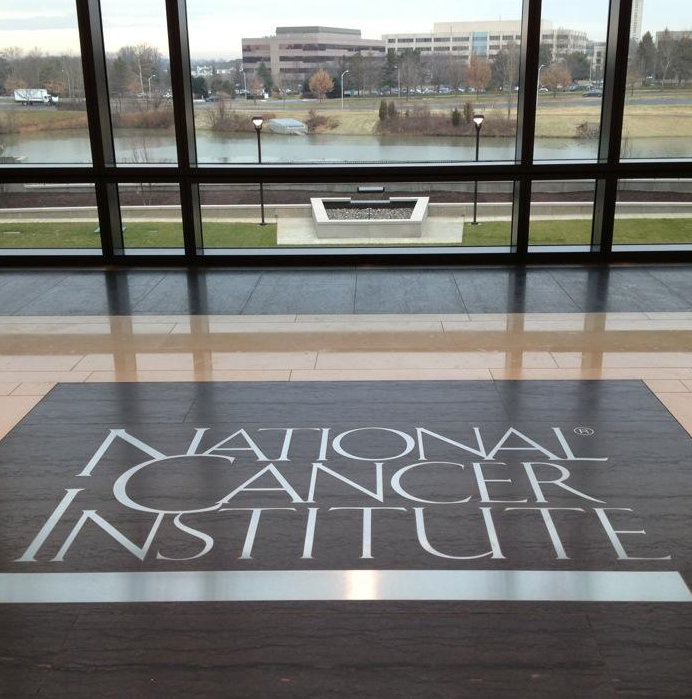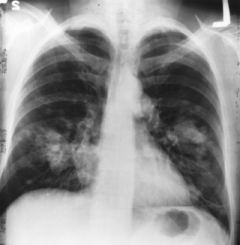
The NCI supports an average of over 1,300 clinical trials a year in the areas of prevention, screening, diagnostics, treatment, quality of life, supportive care, and genetics. Conducting clinical trials across multiple institutions in numerous locations requires a great deal of coordination to insure quality and consistency throughout all aspects of the trial, triggering the need for standing infrastructure with consistent policies. The NCI has supported the Clinical Trials Cooperative Group Program for over 50 years to fulfill this function.
NCI CLINICAL TRIALS COOPERATIVE GROUP PROGRAM
Depending on the type of trial and phase of testing, treatment trials may enroll anywhere from less than 30 patients in a single center to several thousand patients scattered across the country, or the globe. The Cooperative Group Program, begun in 1955, originally focused solely on chemotherapy trials. Since then the program has expanded, and is designed to promote and support clinical trials of new treatments, as well as trials that focus on therapies with other benefits such as quality of life. The program is co-administered by the Cancer Therapy Evaluation Program (CTEP) in NCI’s Division of Cancer Treatment and Diagnosis (DCTD), which manages evaluation of new cancer treatments or new uses for standard therapies in humans, and NCI’s Division of Cancer Prevention, which oversees cancer control and cancer prevention trials. In addition, DCTD’s Cancer Imaging Program oversees ACRIN (American College of Radiology Imaging Network), which performs trials with novel radiologic imaging technologies.


